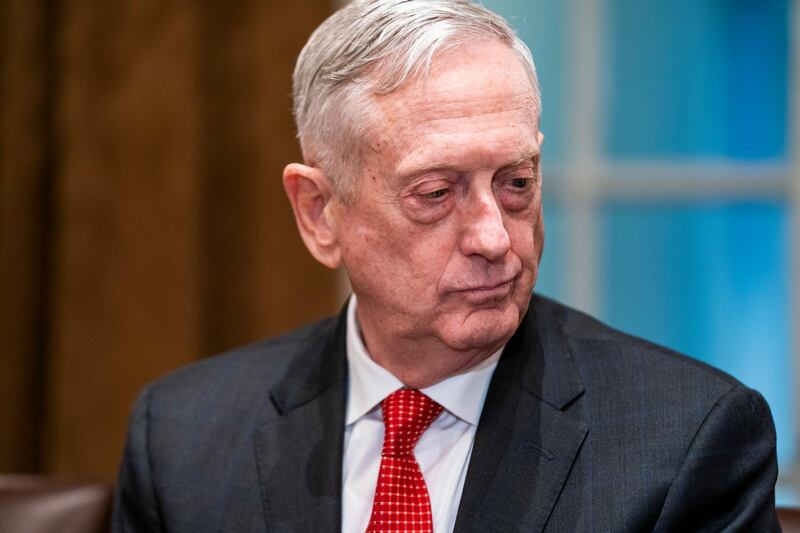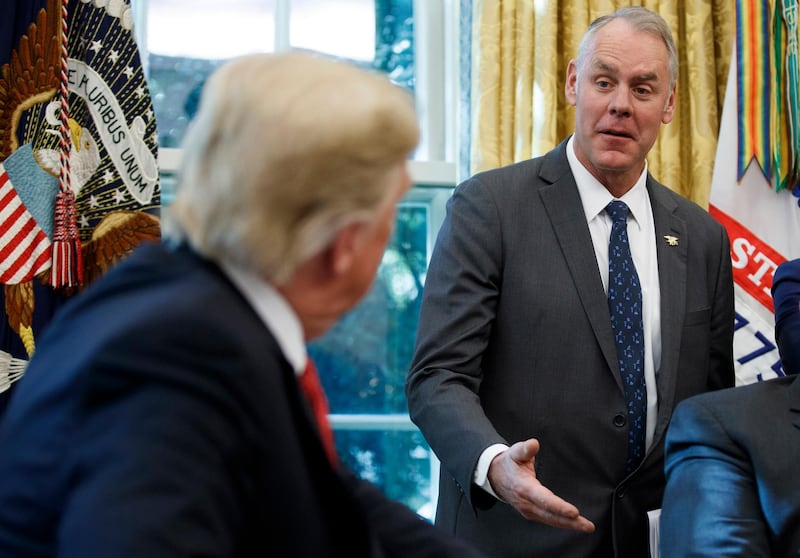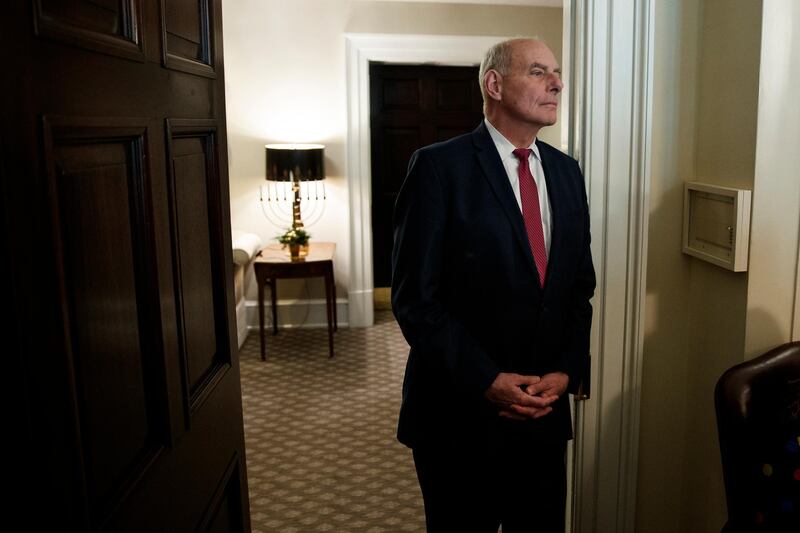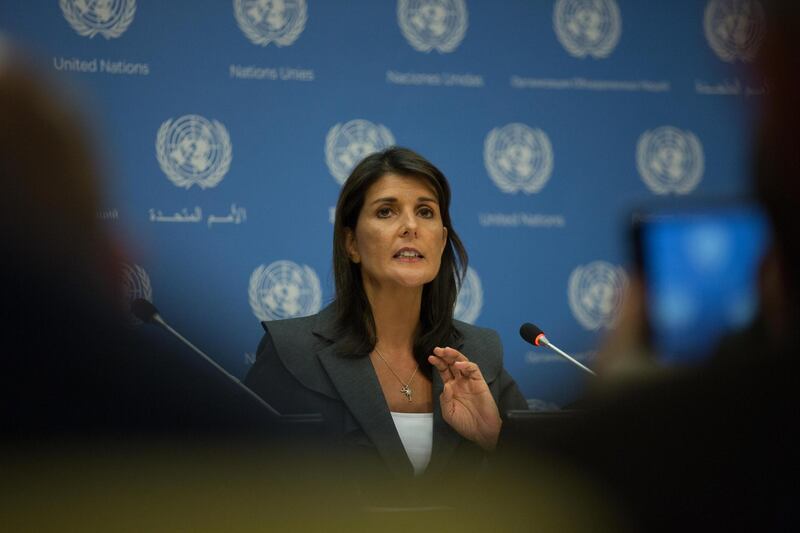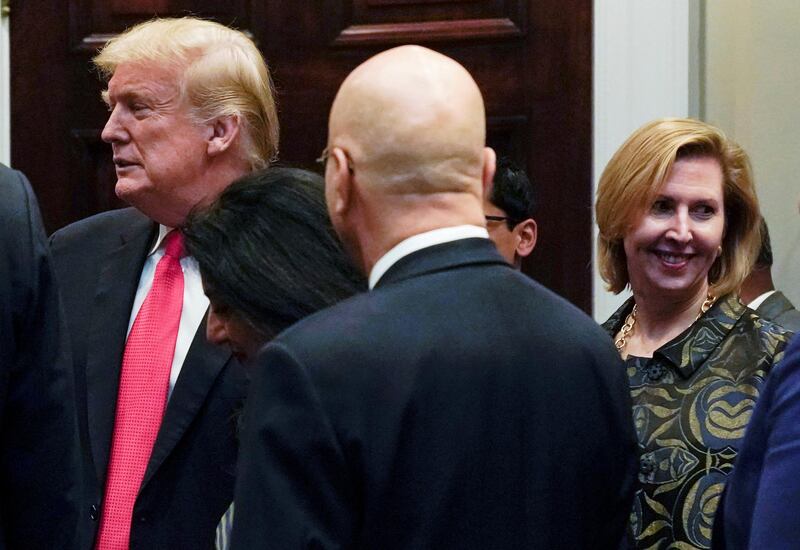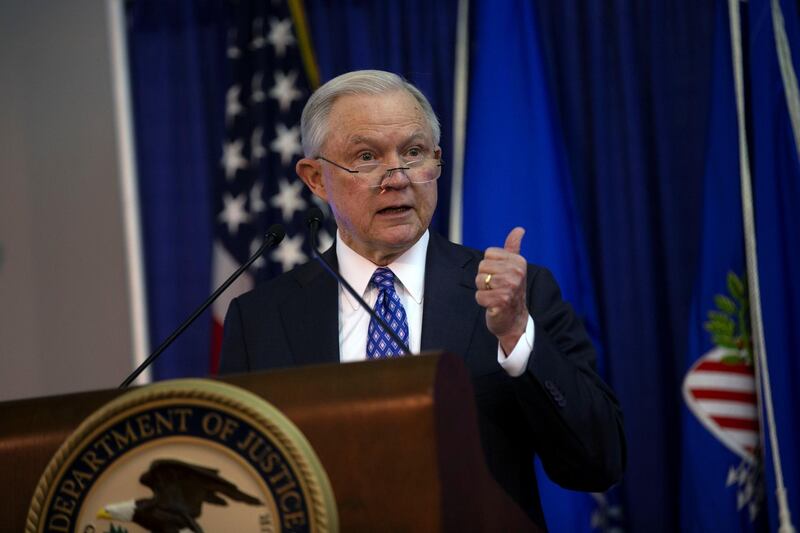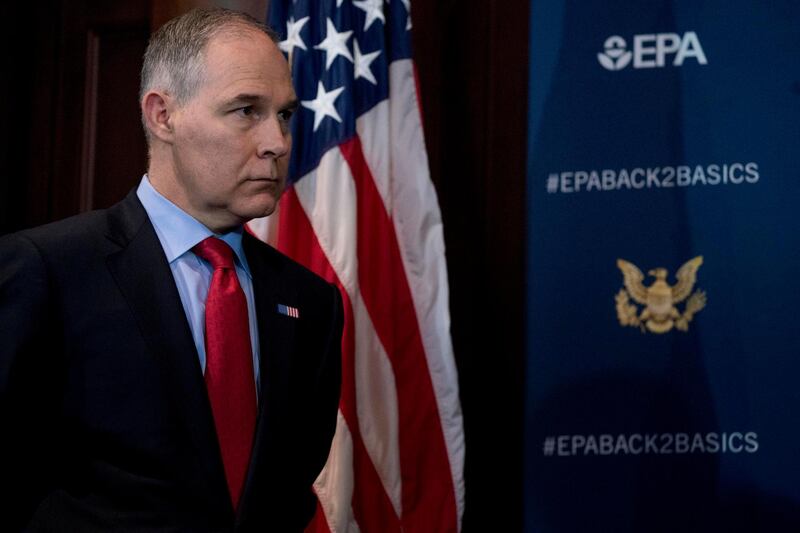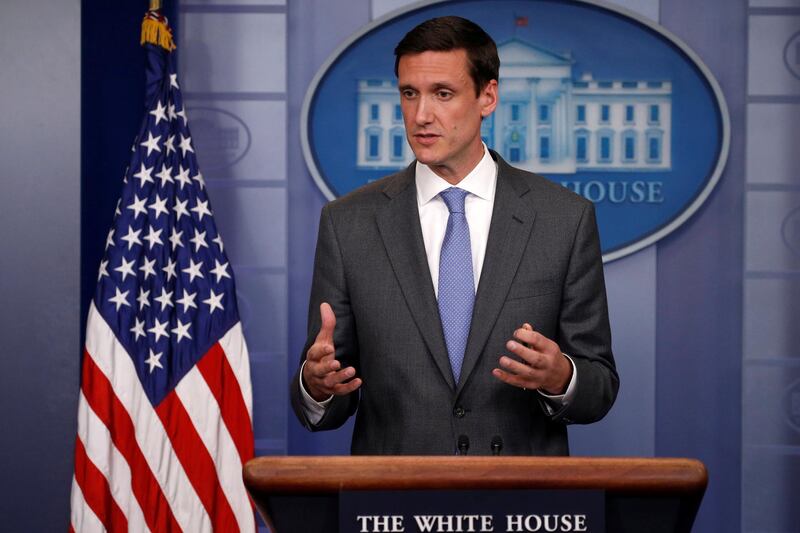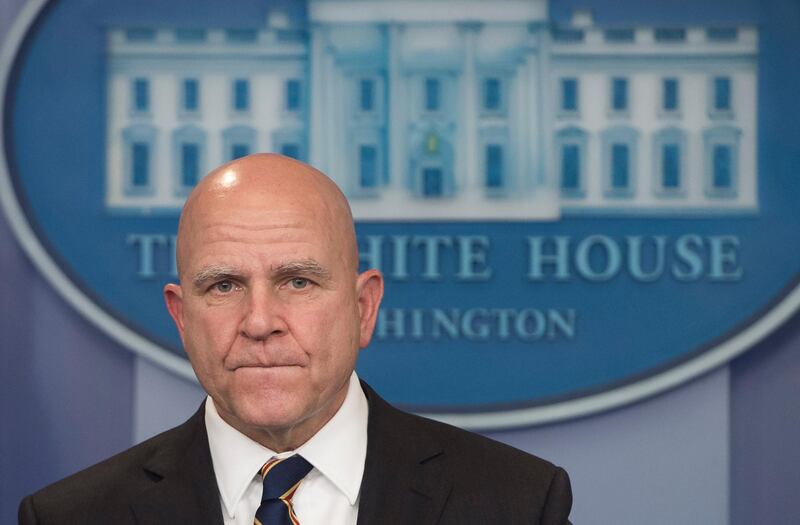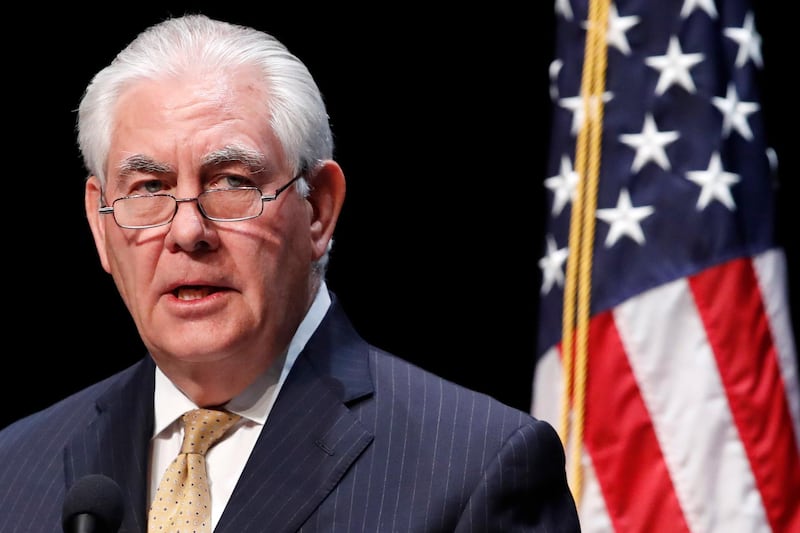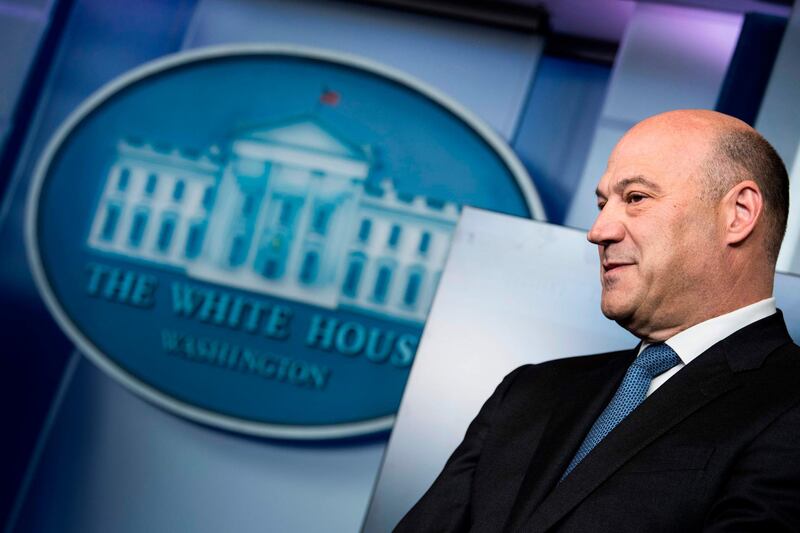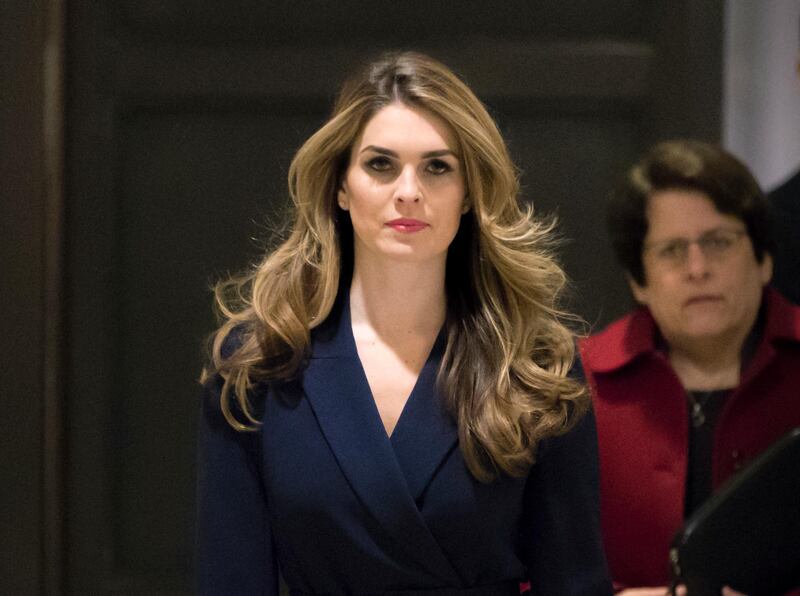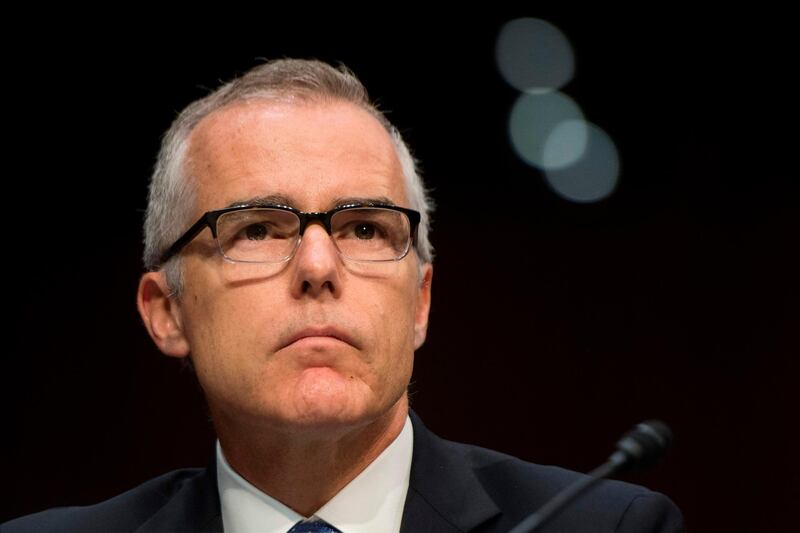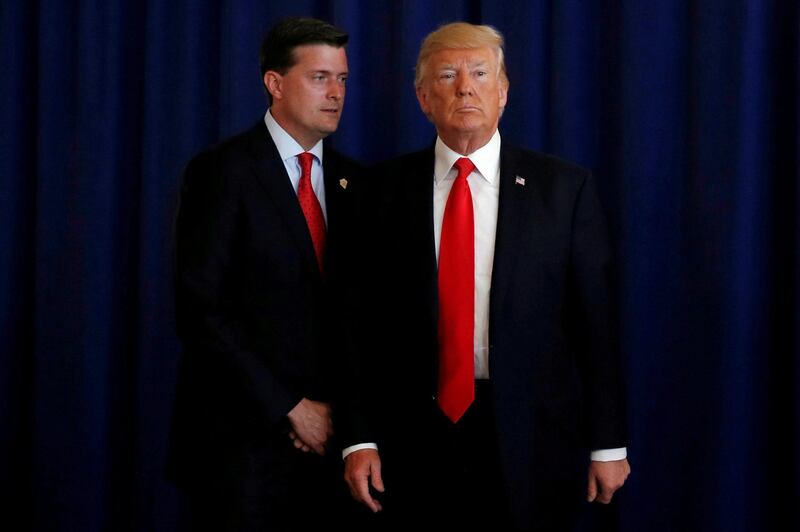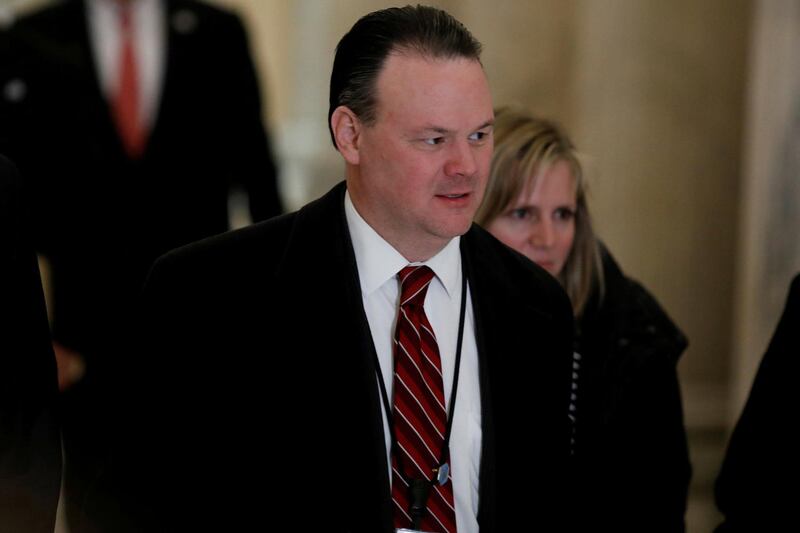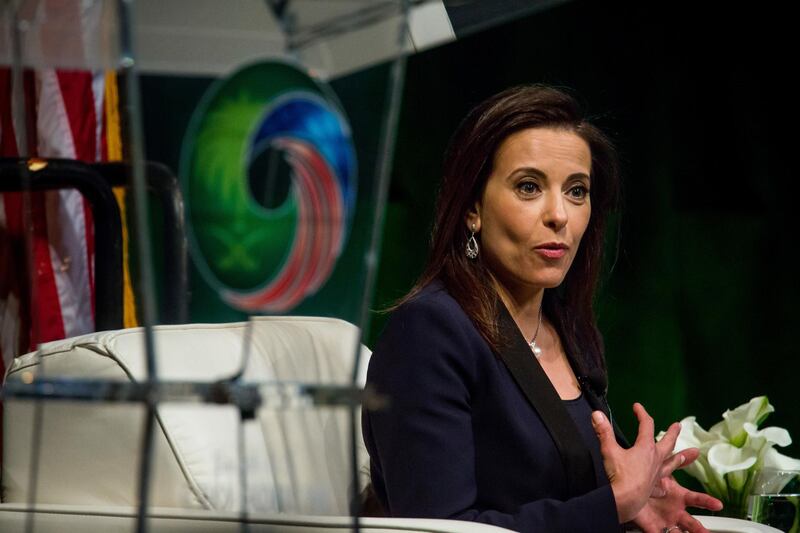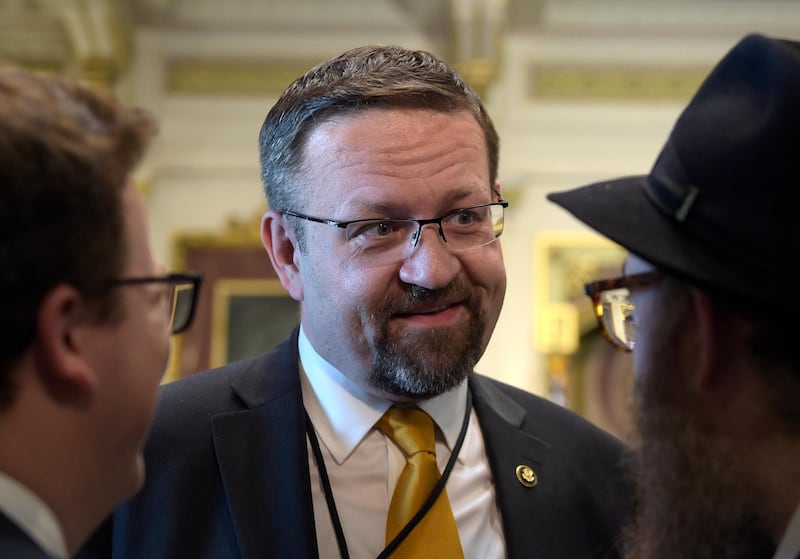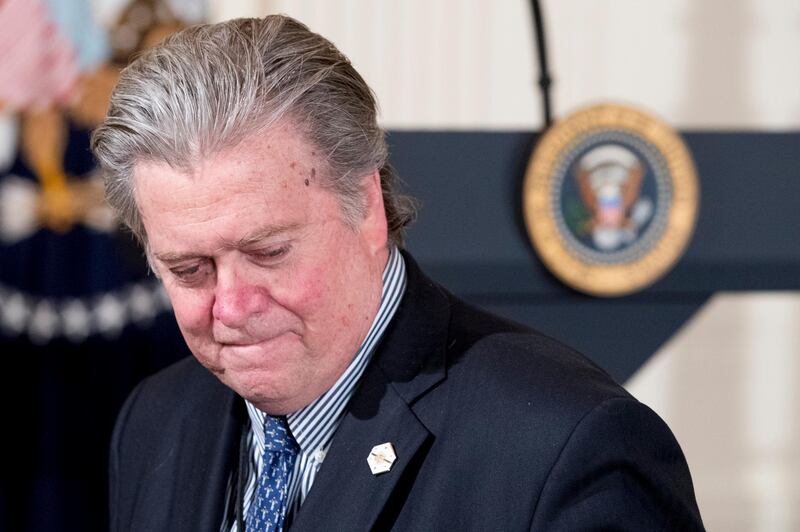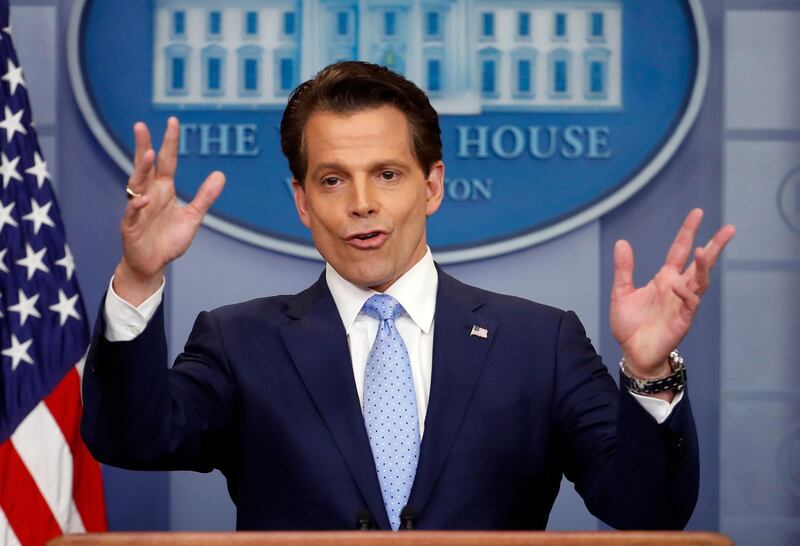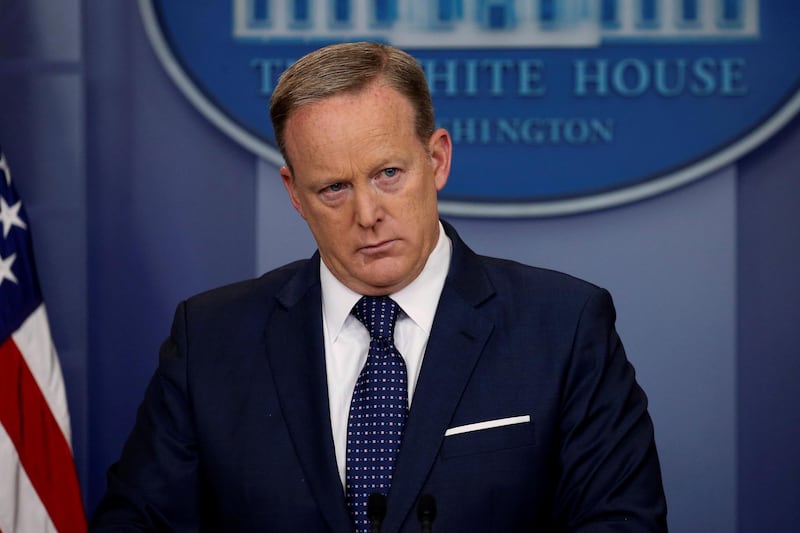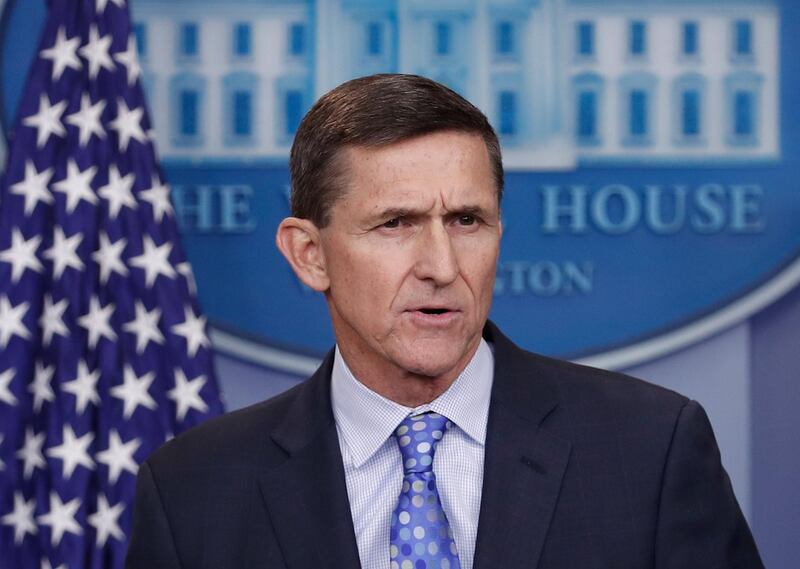It is said experience is what you get just after you most needed it. James Mattis, now gone from Donald Trump's administration, is a man who stood above all others in the hard-earned military qualities that the US president likes to talk about, but has never personally attained.
Mr Mattis is no ordinary general. A bachelor who earned the nickname “Mad Dog" during his service and, latterly, the “Warrior Monk” for his devotion to the armed forces, the 68-year-old Marine's exit from the Pentagon is not the retirement that President Trump pretended it was on Friday.
No. Mr Mattis quit in disgust at the lack of regard that the US president has for those who serve him. The timing of his exit – 24 hours after Mr Trump announced that American troops would exit Syria – is no coincidence. Having cautioned the president that American supremacy is an ideal that demands the defence of ancient alliances, tested for the first time in a generation by the unilateralism of a US foreign policy that shreds the global order and appeases Russia, Mr Mattis decided to walk.
Such is Mr Trump's credo. For all the warm words about his departing secretary of defence, the judgment is clear. One man's experience was not reconcilable with the president's undeclared priorities.
Mr Trump, after almost two years in the White House, is a president for whom the traditional world order seems to matter little, yet it was that ideal he invoked when shepherding Mr Mattis out of the door of government.
Mr Mattis is a sombre character. He is unlikely to go on the attack against the Trump administration, despite his frustrations at being ignored over foreign and defence policy over Syria, Iraq and other Middle Eastern theatres. At this point it should be recorded that it was Russia that Mr Mattis repeatedly invoked as the greatest threat to American interests. China was not far behind.
Mr Mattis now joins the disenfranchised ranks of fired and retired officials such as former secretary of state Rex Tillerson and White House chief of staff John Kelly, who departed only two weeks ago.
_______________
Read more:
[ Trump decided to leave Syria after call with Erdogan, says US defence official ]
Trump administration to withdraw 7,000 troops from Afghanistan
[ Mattis: Putin tried to ‘muck around’ in US midterms ]
_______________
The warm words offered about Mr Mattis by Mr Trump a day after Russia rejoiced at the imminent exit of 2,000 American troops from Syria are as incongruous as the Trump administration itself: a decorated US general exits the stage while a Russian president delights at an American retreat.
Such an outcome is unlikely to sit well with a Marine whose exit letter is anything but a resignation.
"One core belief I have always held is that our strength as a nation is inextricably linked to the strength of our unique and comprehensive system of alliances and partnerships. While the US remains the indispensable nation in the free world, we cannot protect our interests or serve that role effectively without maintaining strong alliances and showing respect to those allies," he wrote, noting the Mr Trump would therefore require a different defence secretary from him, given the difference in their views.
In that paragraph Mr Mattis summed up, albeit belatedly, his disagreement with the “America First” policy of the US president, which has caused repeated clashes with allies such as Britain, France and Germany. Whether it be the Paris Climate Accord or the Iran nuclear deal, Mr Trump has disregarded the views of allies. He has also rejected the post-Second World War compact that Reupublican and Democratic presidents have relied on for 70 years.
With the resignation of a patriot as resolute as James Mattis, it appears that Mr Trump is losing not only the generals he once championed but also the experience that everyone knows he lacks.
